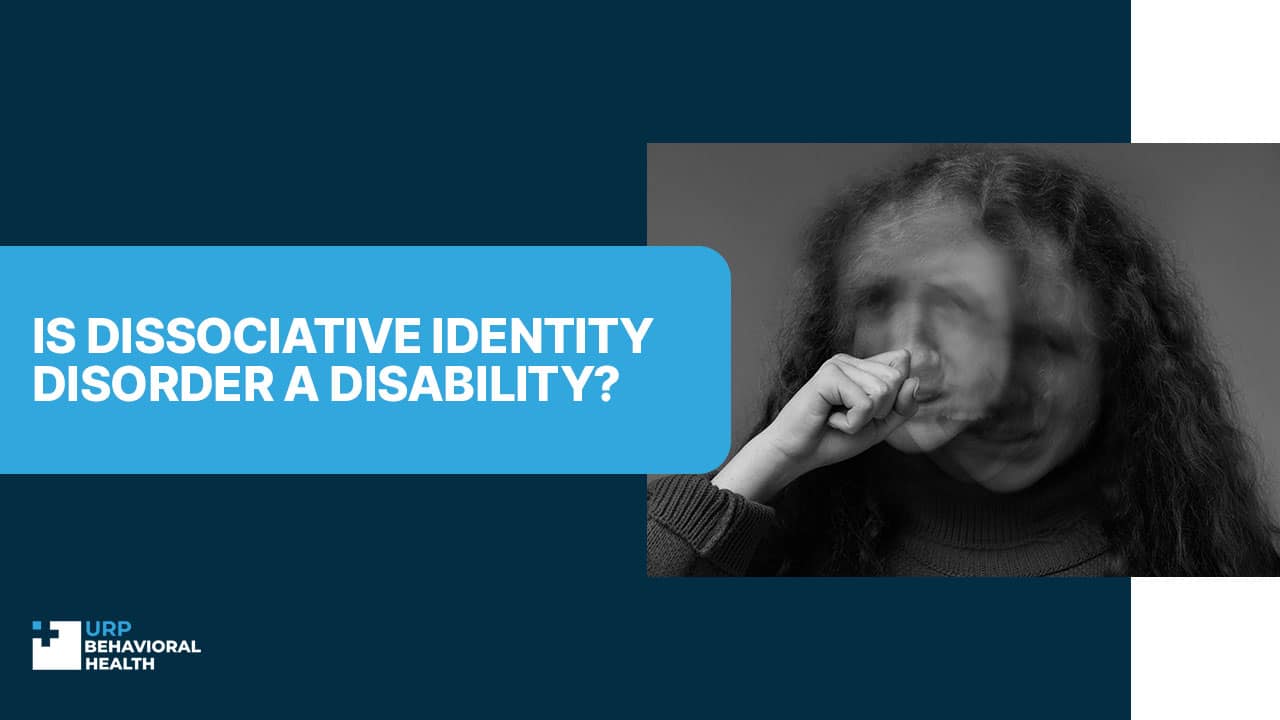
Is Dissociative Identity Disorder a Disability?
Yes, it is possible to consider DIS as a disability but commonly, this disorder is referred to as a ‘‘hidden’ disability. This is because the disabilities these people with DIS experience may not be as apparent as others with other physical impairments; yet, they are incapable of managing necessary day-to-day needs properly. The disorder could greatly affect social relationships, and academic performance as well as, the ability to work and other activities since many patients experience financial and employment difficulties. In the U.S., including Florida people with DIS may even be eligible for Social Security disability benefits depending on prevailing circumstances.
Our team will verify your insurance and design a plan tailored to your needs.
However, people with DID suffer from misunderstanding and stigmatization and have to be supported and encouraged all the time. A lot of people apply ignorance to the severity of the disorder, and think it is just oddity or rebelliousness. This can make sufferers feel lonely and find it hard to seek the help of others as long as they are around. For symptoms to remain invisible, it becomes almost impossible to expect people to understand, let alone empathize with the affected person. One has to tell wider society about dissociative identity disorder and the genuine struggles of patients who have it.
















